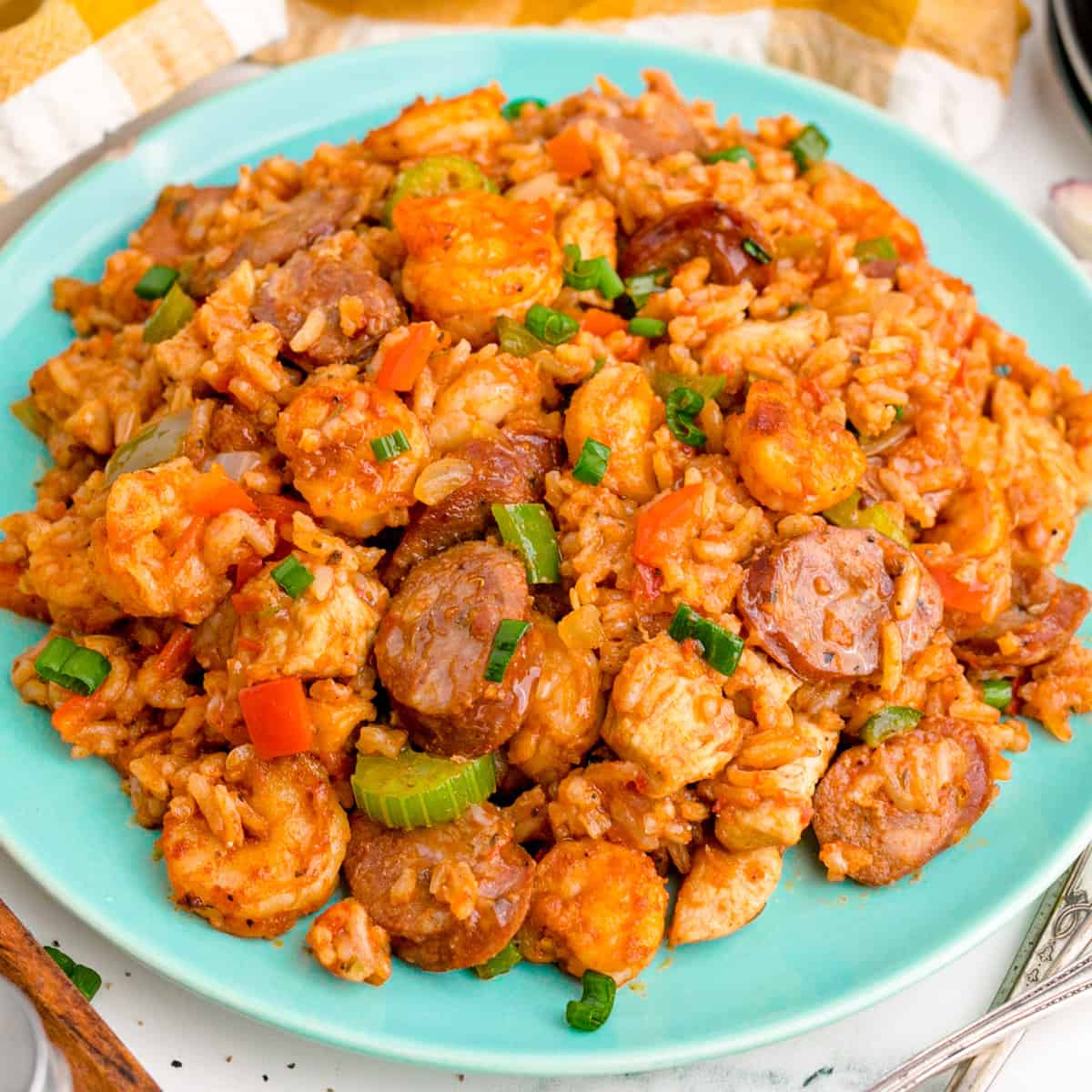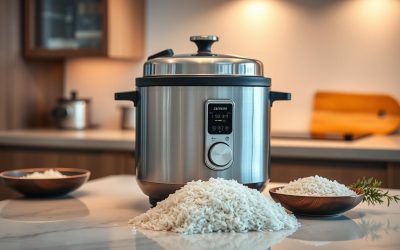Paella, a dish with roots in Valencia, Spain, has been enjoyed for centuries due to its flavorful blend of saffron, garlic, paprika, and a diverse mix of seafood or meat. Though the protein is a focal point for many, the type of rice used is just as significant in concocting the exquisite paella dish. This article delves into the subject of paella rice, examining the subtleties and disparities among different rice types, as well as the considerations to keep in mind when selecting rice for your paella.
Understanding the importance of rice selection in paella
When it comes to creating delicious paella, the type of rice used is a crucial consideration. The rice you choose can ultimately determine the texture, flavor, and overall quality of your dish. Rice is the foundation of the dish, and selecting the right kind of rice can make or break the final product.
There are several types of rice that are commonly used in paella, including bomba, calasparra, and arborio. Bomba rice is considered the traditional choice for paella, as it absorbs more liquid and maintains its shape well during cooking. Calasparra rice is another popular option, known for its ability to absorb flavors well and its slightly nutty taste. Arborio rice, while not traditionally used in paella, can be a good substitute if you are unable to find bomba or calasparra rice.
Different types of rice and their suitability for paella
There are many different types of rice, but not all are suitable for paella. The most commonly used rice for paella is short-grain rice, which is a plump, round grain that has a high starch content. It is important to use a rice that is capable of absorbing liquids while still retaining its shape and texture, which is why short-grain rice is a good choice. Other types of rice that are suitable for paella include medium-grain rice and some types of long-grain rice.
When choosing the type of rice for your paella, it is important to consider the cooking time. Short-grain rice typically cooks faster than medium or long-grain rice, which can affect the overall texture of the dish. Additionally, some types of rice may have a stronger flavor than others, which can also impact the taste of the paella.
Another factor to consider is the origin of the rice. Spanish rice, such as Bomba or Calasparra, are traditional choices for paella and are known for their ability to absorb liquid without becoming mushy. However, other types of rice, such as Arborio or Jasmine, can also be used with good results. Ultimately, the choice of rice will depend on personal preference and availability.
Arborio vs Bomba: Which rice is better for paella?
Two of the most popular types of short-grain rice used in paella are Arborio and Bomba rice. While both varieties work well for paella, they have slightly different qualities that may make one more suitable for your dish. Arborio rice has a higher starch content, which makes it a great choice for creamy dishes like risotto. However, for paella, Bomba rice is often considered to be the best option. Bomba rice is capable of absorbing almost twice its volume in liquid, while still maintaining its shape and texture, giving the dish a perfect balance of flavors and textures.
Another factor to consider when choosing between Arborio and Bomba rice for your paella is the cooking time. Arborio rice cooks faster than Bomba rice, which means that it may become overcooked and mushy if left in the pan for too long. On the other hand, Bomba rice takes longer to cook, but it can withstand higher temperatures without losing its texture. This makes it a great choice for paella, which is traditionally cooked over an open flame or on a stovetop burner.
How to cook the perfect paella using the right rice
Once you’ve selected the right rice for your paella, the next step is to cook it to perfection. The first thing to remember is to rinse the rice thoroughly before cooking, to remove any excess starch. To cook paella using Bomba rice, you need to carefully measure the rice and water or stock so that the rice absorbs all the liquid, and there is no excess water left in the pan.
Once the rice is in the pan, you should avoid stirring it too much, as this can lead to the rice breaking down and becoming mushy. Instead, gently shake the pan occasionally to ensure that the bottom layer of rice is not sticking. The final step is to let the rice sit for a few minutes after cooking so that it can absorb any remaining liquid and develop a beautiful flavor.
Another important factor to consider when cooking paella is the type of pan you use. A traditional paella pan is wide and shallow, which allows the rice to cook evenly and develop a crispy bottom layer known as the socarrat. It’s also important to use a heat source that distributes heat evenly, such as a gas stove or an open flame.
Factors to consider when choosing rice for paella
There are many factors to consider when choosing rice for your paella. One of the most important considerations is the region from which the rice comes. Many of the traditional varieties of Spanish rice come from the Valencia region, where paella originated. Additionally, you should think about the texture and flavor you want to achieve. Some rice varieties have a softer texture, while others have a slightly nutty flavor that can add depth to your paella.
Another important factor to consider is the cooking time of the rice. Paella requires a specific type of rice that can absorb a lot of liquid without becoming mushy. Short-grain rice varieties, such as Arborio or Bomba, are ideal for paella because they have a high starch content that allows them to absorb the flavors of the other ingredients in the dish.
It’s also important to consider the quality of the rice you choose. Look for rice that is fresh and has been properly stored to ensure that it cooks evenly and has a good texture. If possible, try to buy rice that has been grown using sustainable farming practices to support environmentally-friendly agriculture.
What to look for when buying rice for paella
When selecting rice for paella, it is important to choose a high-quality product with a good reputation. Look for rice that has a good balance of starch and flavor and is capable of absorbing enough liquid to create a perfect paella. Additionally, pay attention to packaging and freshness. Rice that is past its prime may not cook evenly or may give your dish an off flavor.
Another important factor to consider when buying rice for paella is the type of rice. Short-grain rice, such as Arborio or Valencia, is the best choice for paella as it has a higher starch content and can absorb more liquid without becoming mushy. Long-grain rice, on the other hand, is not recommended as it tends to remain separate and does not absorb the flavors of the dish as well.
It is also worth noting that some rice varieties are specifically labeled as “paella rice” or “risotto rice”. While these may be good options, it is still important to check the quality and freshness of the rice before purchasing.
Tips for storing rice for maximum freshness and flavor
One of the most critical factors in ensuring that your paella turns out perfectly is to use rice that is fresh and full of flavor. Proper storage is crucial to keeping your rice fresh. Store your rice in an airtight container away from sunlight, heat, and moisture. Be sure to check the expiration date before purchasing and using rice, as ingredients that are past their prime can lead to a less than perfect dish.
Another important tip for storing rice is to avoid storing it in the refrigerator. The moisture and temperature fluctuations in the fridge can cause the rice to spoil faster. Instead, store your rice in a cool, dry place like a pantry or cupboard. Additionally, it’s best to buy rice in smaller quantities to ensure that you use it up before it goes stale. By following these tips, you can ensure that your rice stays fresh and flavorful for all your favorite dishes.
The role of rice in achieving the perfect texture and consistency in paella
Rice is the backbone of paella, and the selection of quality rice can make all the difference in achieving perfect texture and consistency. The rice must absorb the liquid in this dish, while still retaining its shape and texture, resulting in a perfect al dente bite that is not too dry and not too wet. The right type of rice can help you achieve this balance, and elevate your paella to the next level.
When it comes to selecting the right type of rice for paella, there are a few key factors to consider. Firstly, the rice should be short-grain, as this type of rice has a higher starch content, which helps it absorb the liquid and flavors of the dish. Secondly, the rice should be able to hold its shape and texture, even after cooking. This is why many chefs recommend using Spanish bomba rice, which is known for its ability to absorb liquid without becoming mushy.
Another important factor to consider when cooking paella is the amount of liquid used. The ratio of liquid to rice can vary depending on the type of rice used, but as a general rule, you should use about twice as much liquid as rice. This will ensure that the rice cooks evenly and absorbs the flavors of the dish, without becoming too dry or too wet. By following these tips and selecting the right type of rice, you can achieve the perfect texture and consistency in your paella every time.
Traditional vs modern approaches to selecting and preparing rice for paella
Paella has been around for many centuries, and as such, there are traditional and modern approaches to selecting and preparing rice for this dish. While the traditional rice selections are often considered to be the best, modern varieties and methods are equally worthy of consideration. The key is to find a variety of rice that suits your style and preference and to take the time to prepare it correctly, resulting in a perfect paella that all your guests will love.
With these tips, you should be able to select the best rice for your paella, and prepare it to perfection. Remember, the right rice can make all the difference in creating a delicious and authentic version of this classic Spanish dish.
One modern approach to preparing rice for paella is to use a rice cooker. This method can save time and ensure that the rice is cooked evenly. However, some traditionalists argue that using a rice cooker takes away from the authenticity of the dish. Another modern approach is to use a different type of rice, such as Arborio or Calasparra, which can provide a unique texture and flavor to the dish. Ultimately, the choice between traditional and modern approaches to preparing rice for paella is up to personal preference and the desired outcome of the dish.

